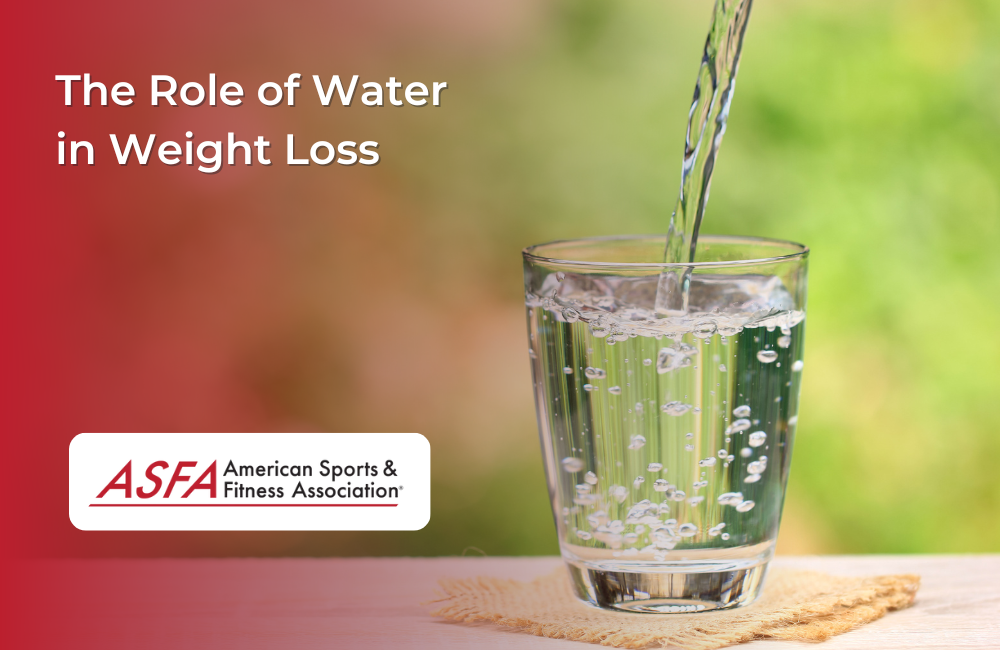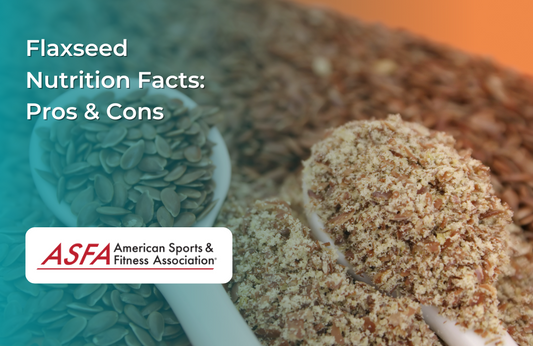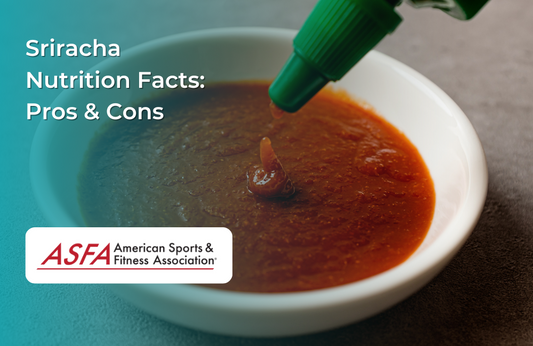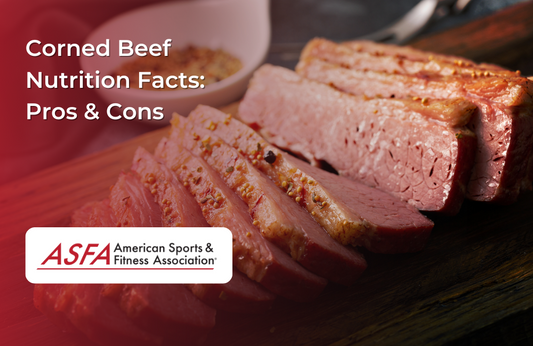Water is often touted as an essential component of a healthy lifestyle, and its role in weight loss is no exception. While water itself doesn't possess magical fat-burning properties, it plays a crucial role in supporting various bodily functions that are important for weight management. In this guide, we will explore the relationship between water and weight loss, the benefits of staying hydrated, and how water can be incorporated into a balanced weight loss plan. Let's dive in.
Hydration and Metabolism:
Staying adequately hydrated is important for optimal metabolism. Water is involved in many metabolic processes, including the breakdown and utilization of nutrients, transport of substances, and the regulation of body temperature. When you are dehydrated, your metabolism may slow down, affecting your body's ability to efficiently utilize energy and potentially impacting weight management.
Appetite Control:
Drinking water can help with appetite control and managing calorie intake. Sometimes, thirst can be mistaken for hunger, leading to unnecessary snacking or overeating. By drinking water throughout the day, you can help differentiate between true hunger and thirst, potentially preventing excessive calorie consumption. Additionally, water has zero calories, making it a great alternative to high-calorie beverages like sugary sodas or juices.
Increased Satiation:
Drinking water before or with meals can help increase feelings of fullness and satiety. This can potentially lead to a reduction in overall food intake, helping to create a calorie deficit necessary for weight loss. The volume of water in your stomach can contribute to the physical sensation of fullness, promoting portion control and preventing overeating.
Thermogenic Effect:
Drinking cold water has a thermogenic effect on the body, meaning it requires energy to warm the water to body temperature. This energy expenditure contributes to the overall calories burned by the body. While the effect is relatively small, every little bit can add up over time.
Hydration and Exercise Performance:
Proper hydration is essential for optimal exercise performance. When you exercise, you lose water through sweat, and staying hydrated helps maintain your body's fluid balance. Dehydration can lead to decreased energy levels, reduced endurance, and impaired physical performance. By drinking enough water before, during, and after exercise, you can support your body's ability to perform at its best, potentially leading to more effective workouts and improved weight loss outcomes.
Water as a Replacement for High-Calorie Beverages:
Drinking water instead of high-calorie beverages can significantly reduce overall calorie intake. Many beverages, such as sugary sodas, energy drinks, and alcoholic beverages, can be loaded with calories and added sugars. By opting for water as your primary beverage, you can avoid these unnecessary calories and support weight loss efforts. Infusing water with fruits, herbs, or cucumber slices can add flavor without adding significant calories.
Tips for Incorporating Water into a Weight Loss Plan:
To leverage the benefits of water for weight loss, consider the following tips:
1. Start Your Day with Water: Begin your day by drinking a glass of water upon waking up. This helps rehydrate your body after a night of sleep and kick-starts your metabolism.
2. Stay Hydrated Throughout the Day: Keep a water bottle with you and sip on water regularly throughout the day. Aim to drink at least 8 cups (64 ounces) of water daily, or more if you are physically active or in a hot environment.
3. Drink Water Before Meals: Drink a glass of water before each meal to help increase feelings of fullness and potentially reduce calorie intake.
4. Flavor Water with Natural Additions: If you find plain water boring, add flavor by infusing it with fruits, herbs, or cucumber slices. This can make water more appealing and enjoyable to drink.
5. Choose Water over High-Calorie Beverages: Opt for water as your go-to beverage and limit or eliminate sugary sodas, energy drinks, and other high-calorie beverages from your diet.
6. Monitor Urine Color: Pay attention to the color of your urine. If it is light yellow or clear, you are likely well-hydrated. Dark yellow urine may indicate dehydration, so aim to drink more water.
7. Hydrate Before, During, and After Exercise: Drink water before, during, and after your workouts to support hydration and optimize exercise performance.
Remember, while water is an important part of a weight loss plan, it is just one piece of the puzzle. A comprehensive approach that includes a balanced diet, regular physical activity, and other lifestyle factors is essential for long-term, sustainable weight loss.
In summary, water plays a vital role in weight loss by supporting metabolism, promoting feelings of fullness, and aiding in appetite control. Staying properly hydrated is important for overall health and can support your weight loss efforts. By incorporating water into your daily routine, choosing it over high-calorie beverages, and staying hydrated during exercise, you can harness its benefits and enhance your weight loss journey.





